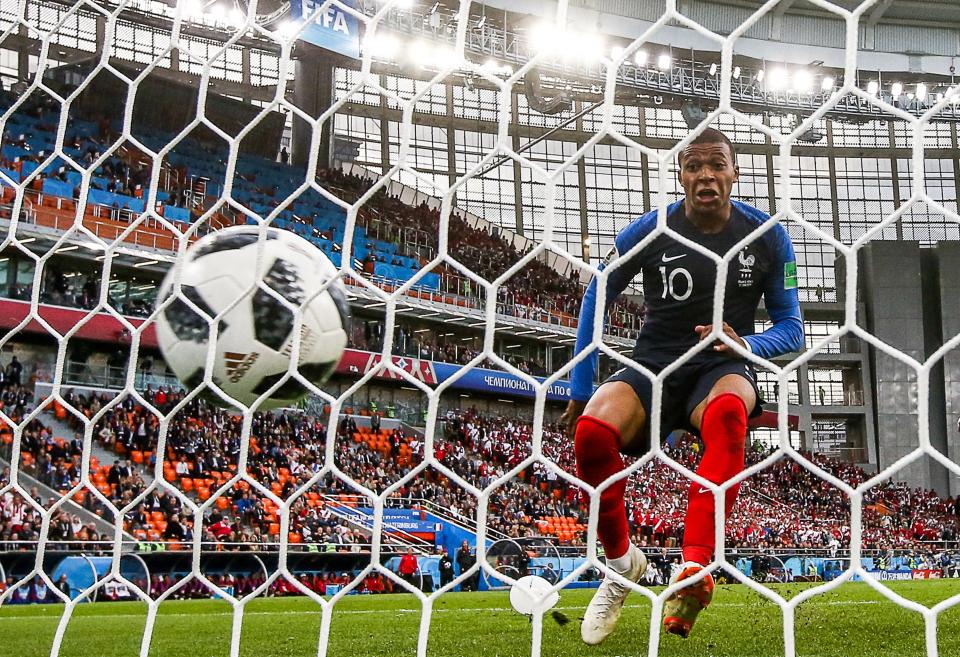
FIFA is preparing for the release of a large amount of information obtained by hackers after affirming that its computer systems had been subjected to a second cyber-attack. The body released a statement stating that it had been hacked in March of this year following a similar attack in 2016, which the United States Department of Justice and Federal Bureau of Investigation recently announced was set up by Russian military intelligence.
Although the two incidents are not thought to be linked, however, it is not yet clear what information was gained in the second attack.
Meanwhile, a consortium of media organisations are set to reveal details of the latest hack in the coming days. It has been suggested that the information will contain internal data contained in private e-mail exchanges between FIFA officials.
FIFA has reportedly been contacted by several outlets about the information included in the documents.
“Following a hack in March 2018, FIFA took a number of measures to improve IT security, in order to protect employees, and we are concerned by the fact that some information has been obtained illegally,” a FIFA statement said.
“FIFA condemns any attempts to compromise the confidentiality, integrity and availability of data in any organisation using unlawful practices.”
The second hack on FIFA marks the latest attack on football.
In recent years, a group calling themselves “Football Leaks” have published information which led to convictions in tax evasion cases, especially in Spain.
A large amount of evidence from anti-doping investigations and laboratory results was published following the first attack on FIFA, carried out by Russia’s military intelligence service (GRU). Earlier this month, seven GRU members were charged in the US after they were accused of “hacking computers associated with 250 athletes and anti-doping sports organisations” in the US and around the world which include the World Anti-Doping Agency and FIFA.
“FIFA is committed to data security and ensuring full confidentiality, integrity and availability of its data,” FIFA added in its statement.
“FIFA takes all necessary measures to adequately respond to security incidents as well as to continuously improve the security of its IT environment.
“In response to the increasing number of internet-enabled computer attacks, FIFA is continually modifying its systems and practices and allocates significant budgets for the continuous improvement of its information security posture.
“It is an on-going issue, which FIFA has to face just like countless organisations around the world, who are all dealing with data security challenges.”










